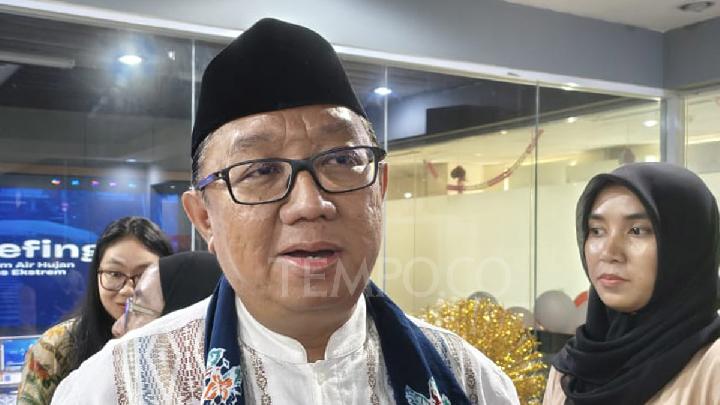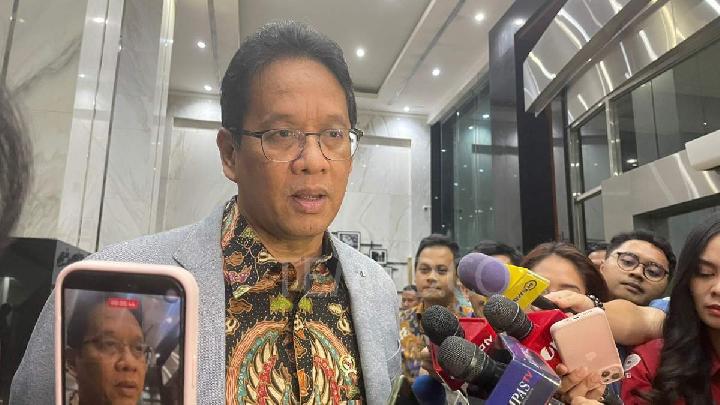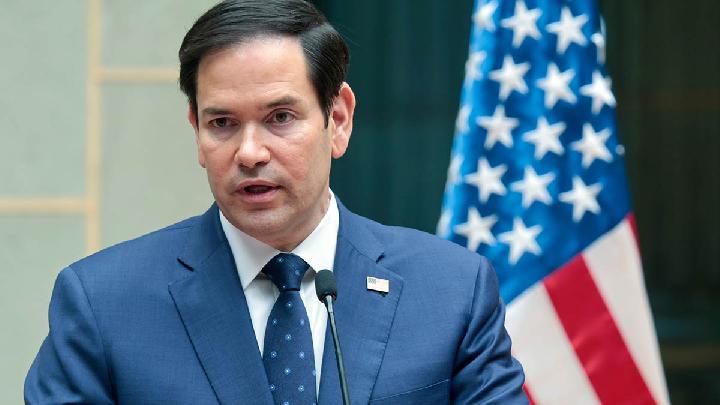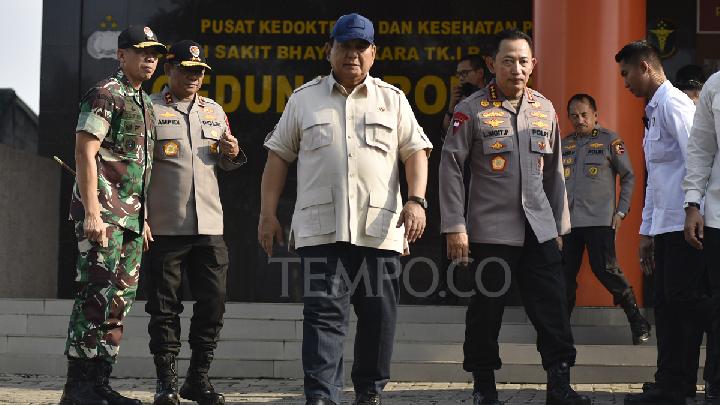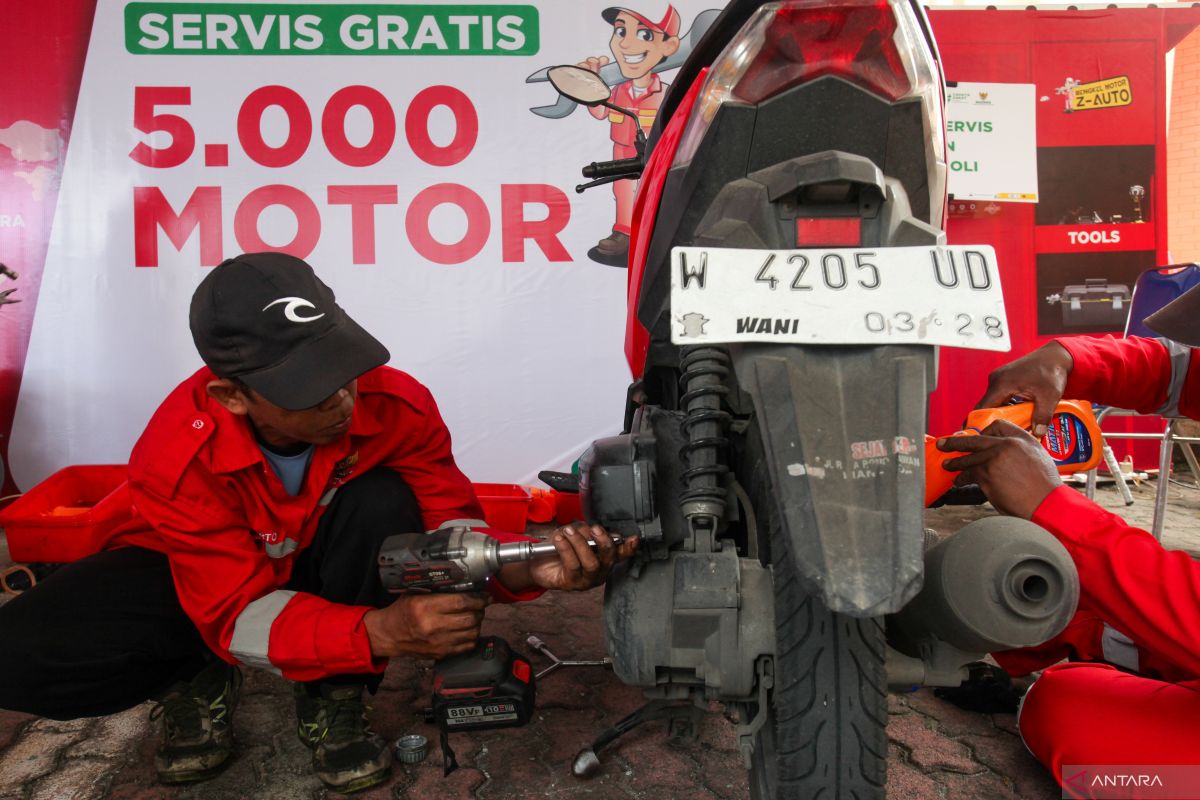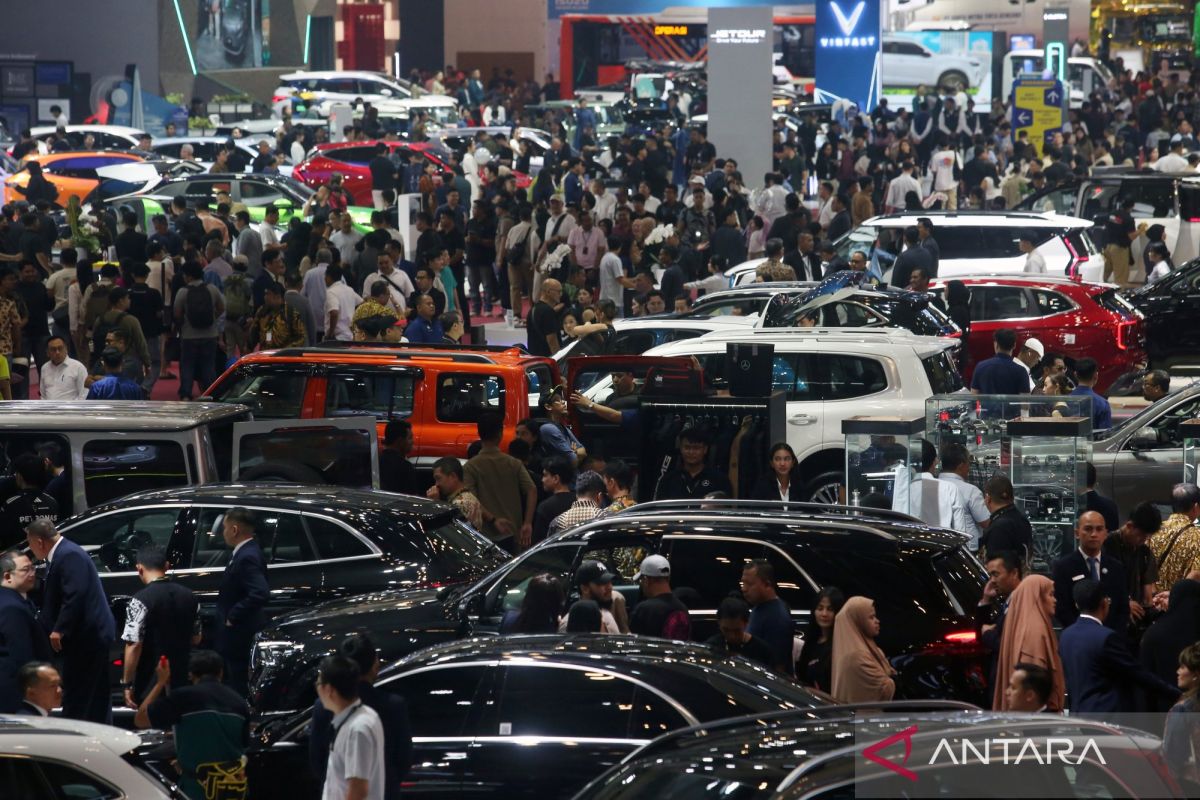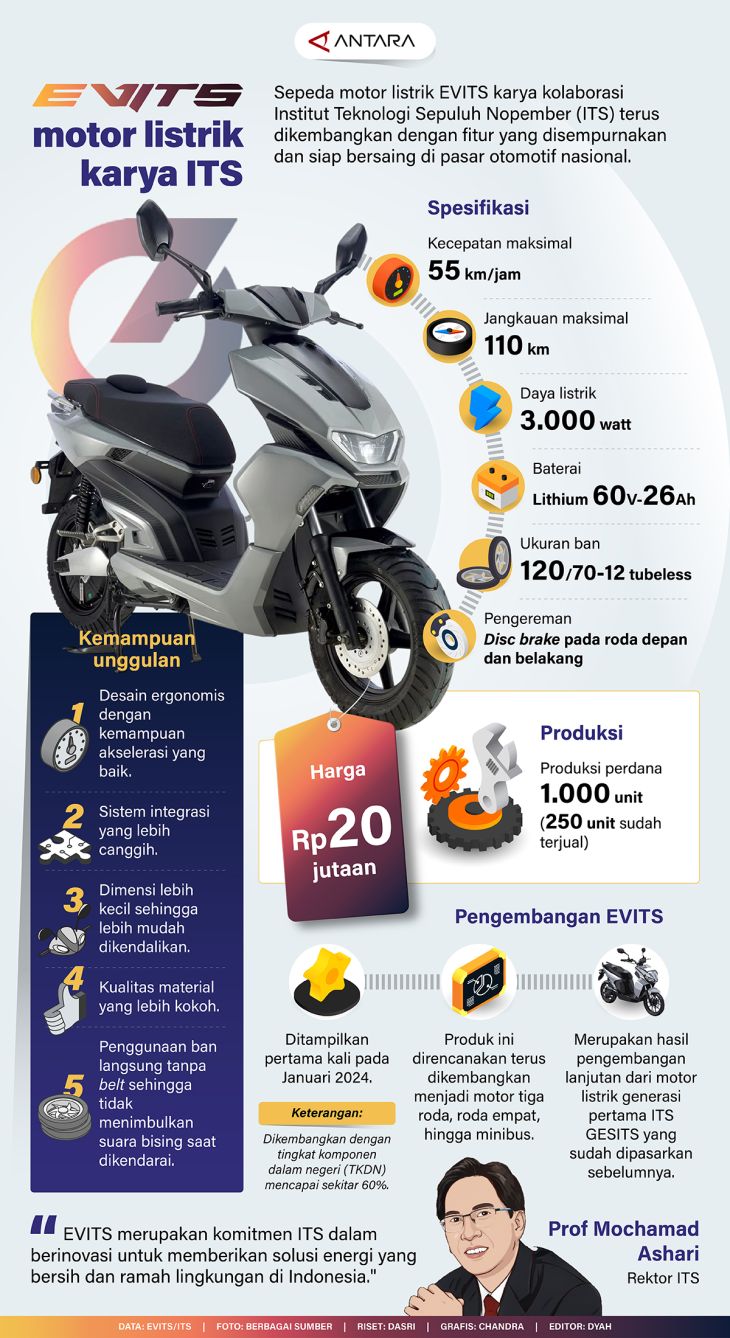TEMPO.CO, Jakarta - The Constitutional Court of Thailand dismissed temporarily suspended Prime Minister Paetongtarn Shinawatra on Friday, August 29, 2025.
According to CNN, the court ruled that her controversial phone call with former Cambodian leader Hun Sen violated ethical standards, plunging the kingdom into fresh political turmoil.
Paetongtarn, a member of the influential Shinawatra political dynasty, became Thailand’s youngest prime minister in August 2024, serving only one year.
In the leaked phone call from June 15, amid escalating tensions at the Cambodia-Thailand border, Paetongtarn referred to Hun Sen as "uncle" and appeared to criticize her own military’s handling of a border clash that resulted in the death of a Cambodian soldier.
She also said, “If Hun Sen wants something, tell me, and I’ll take care of it,” a statement that became central to the case against her.
The comments, confirmed as authentic by both sides, sparked outrage in Thailand. Nationalistic sentiment was already high over the border dispute, and critics accused her of putting national interests at risk. Weeks later, a five-day conflict broke out, leaving at least 38 dead, mostly civilians, and forcing hundreds of thousands to flee their homes.
On July 1, the court suspended Paetongtarn from her duties as prime minister, although she remained in the cabinet as the minister of culture after a reshuffle.
Less than an hour after her suspension, Paetongtarn left her office in Bangkok and addressed reporters. “I don’t want anything for myself. I only think about how to prevent fighting and bloodshed,” she said, referring to the phone call that sparked the political crisis. “I reaffirm that I am genuinely dedicated to serving the nation and have no ill intentions.”
Despite her initial popularity, when 31.35 percent of respondents nationwide supported her as prime minister in September 2024, Paetongtarn’s approval ratings had dropped to 9.2 percent by June, according to the National Institute of Development Administration.
The court’s decision marks a new chapter in Thailand’s turbulent political landscape, where reformist movements often clash with entrenched powers including military elites, royalists, and business interests. Last week, her father, former Prime Minister Thaksin Shinawatra, escaped a contempt charge that could have carried up to 15 years in prison.
Over the past two decades, Thai politics has been marked by ousted prime ministers, party dissolutions, and court interventions. In the last three years alone, two prime ministers have been removed from office and a winning party dissolved. Former military commander Prayut Chan-o-cha served as prime minister for nine years following a 2014 coup.
Paetongtarn is the latest Shinawatra family member to face ouster. Her aunt, Yingluck Shinawatra, was removed before the 2014 coup, and her uncle, Somchai Wongsawat, briefly served as prime minister in 2008 before being ousted by court ruling.
Thaksin went into self-imposed exile in 2006 for over 15 years to avoid corruption charges after his government was toppled.
Paetongtarn came to power after predecessor Srettha Thavisin was unexpectedly removed by the Constitutional Court last year. Srettha had led the Pheu Thai Party in forming a coalition with conservative, pro-military rivals to prevent the reformist Move Forward Party, which won the most votes in 2023, from taking power.
With Pheu Thai back in control, Thaksin, though absent—was allowed to return to Thailand politically.
The decision against Paetongtarn now casts uncertainty over the Shinawatra family’s influence. Internal coalition conflicts and delayed policy implementation have weakened governance at a time of economic strain, and the leaked call has further eroded public confidence in the party.
Pheu Thai must now nominate a new prime minister for approval by the 500-member parliament. Former Justice Minister Chaikasem Nitisiri is reportedly the leading candidate, but it is unclear whether coalition partners will back him.
Bhumjaithai Party leader Anutin Charnvirakul resigned from the coalition, as well as his positions as deputy prime minister and interior minister, in protest over Paetongtarn’s phone call.
Failure to nominate a new prime minister could trigger a new general election, further weakening Pheu Thai. Analysts note that ruling parties backed by Thaksin may still serve as a buffer against the opposition People's Party, which is considered a major disruptor due to its reformist agenda and broad public support.
Editor’s Choice: Thailand, Cambodia Spar over Landmine Use
Click here to get the latest news updates from Tempo on Google News


